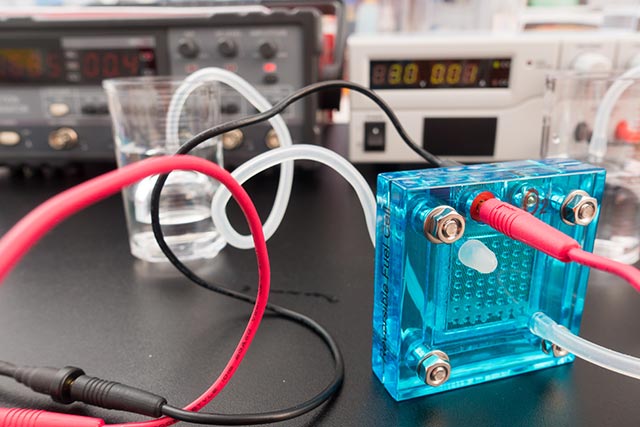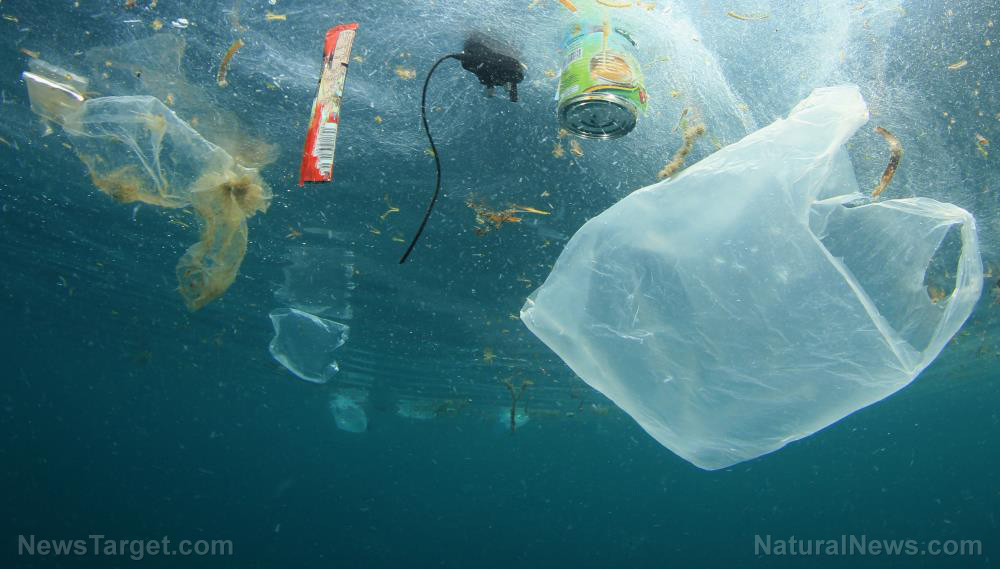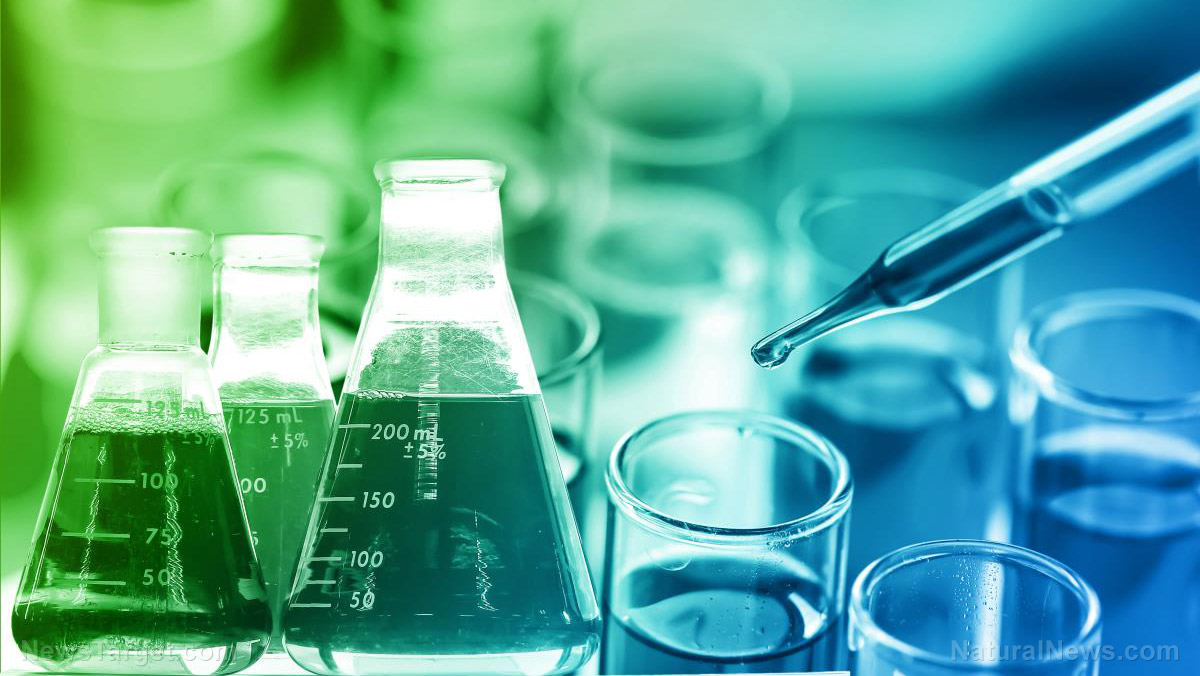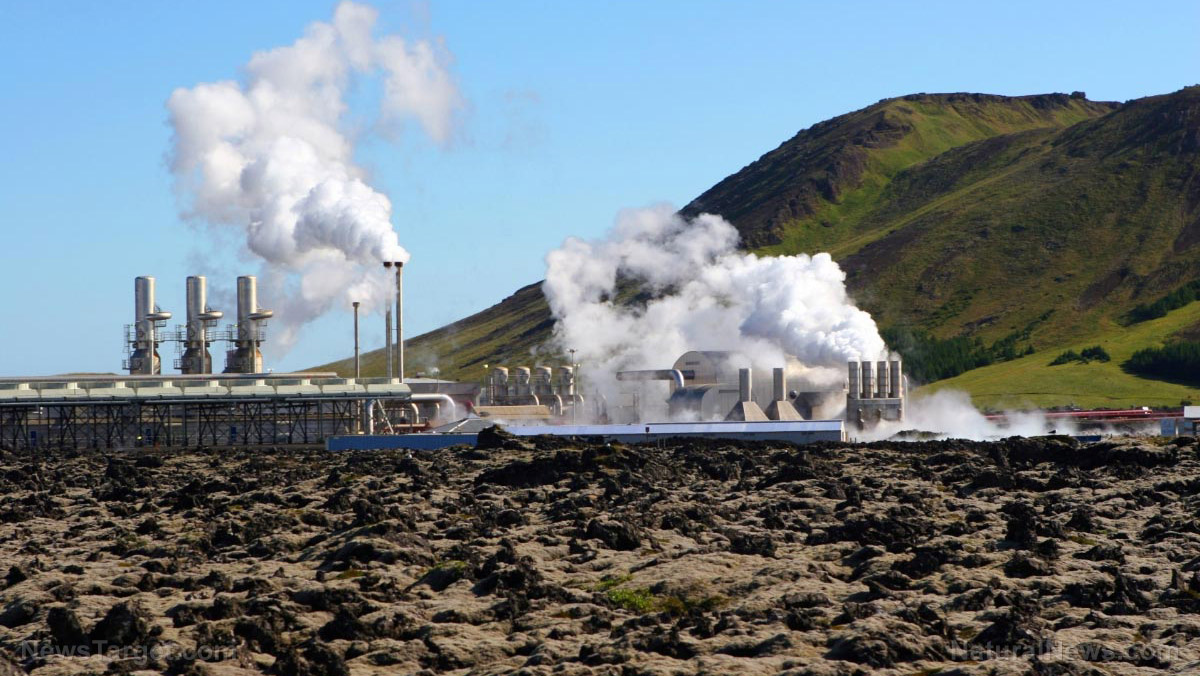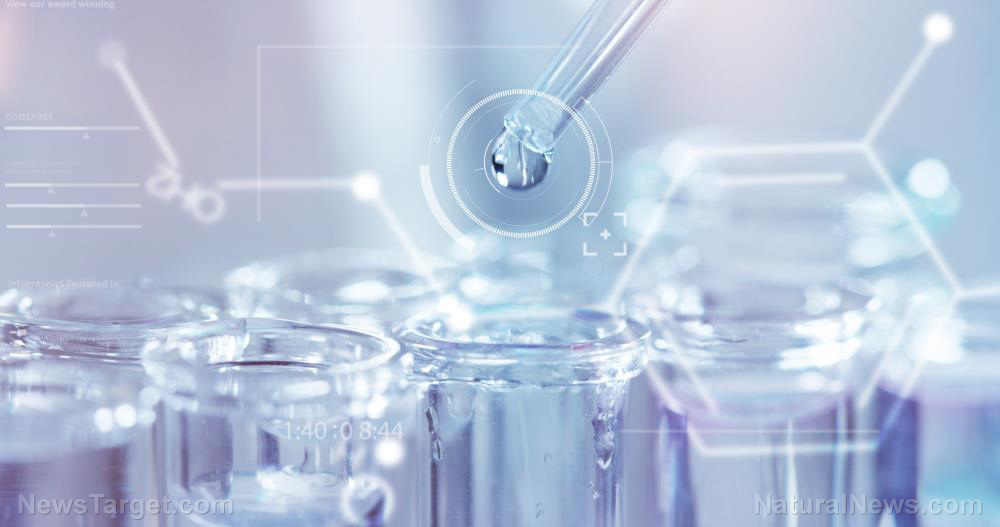Study: Dichlorophenol, a chemical often found in chlorinated drinking water, may cause cancer and heart disease
04/14/2019 / By Tracey Watson

Water is life. About 60 percent of the body is made up of this precious liquid, and we need to replenish our stores constantly as levels drop continuously through sweat, urine and dehydration. Opinions on exactly how much water we should be drinking vary, with some experts urging that we drink at least eight glasses daily, while others insist that we should be sipping on it constantly throughout the day, even when we don’t feel thirsty.
That being said, not all water is equally good for the body. Why? Because much of the drinking water available today has been stripped of beneficial minerals and nutrients. In addition, the chemicals added to water to “purify” it can sometimes do a lot more harm than good.
An example of one such chemical is dichlorophenol (DCP). A study by researchers from the University of Minnesota School of Public Health found that people who had higher urinary levels of two variants of DCP – 2,5-dichlorophenol and 2,4-dichlorophenol – were at increased risk of developing cancer, heart disease and other “adverse health outcomes.”
The study was published in the journal Occupational and Environmental Medicine late last year and was conducted as part of the National Health and Nutrition Examination Survey (NHANES).
A clear link between DCP and the two leading causes of death in the U.S.
As reported by Natural Health 365, the scientists included 3,617 people in their study, which was conducted between 2007 and 2010. Findings were based on questionnaires completed by the participants as well as tests analyzing concentrations of the two DCP variations in their urine.
A shocking 81 percent of all participants were found to have traces of this chemical in their urine, and those with the highest urinary levels of DCP were found to be more likely to develop cancer or heart disease.
According to the National Cancer Institute, over 1.7 million new cases of cancer were diagnosed in 2018. While many people do survive this deadly disease, it remains one of the two leading causes of death in the country.
Heart disease statistics are just as sobering. Hundreds of thousands of people die from this disease each year, and it accounts for a third of all deaths among women.
Despite the dangerous links to these serious illnesses, however, DCP is pervasive in our environment. Natural Health 365 reported:
DCPs (which are listed on the Hazardous Substance List as cited by organizations including the Department of Transportation, Department of Environmental Protection, and Environmental Protection Agency) are found in a variety of common products, including industrial cleaners, disinfectants, herbicides, pesticides, deodorizers, and yes – chlorinated drinking water. (Related: Is the water you’re drinking linked to causing heart attacks and cancer?)
Other conditions caused by DCP exposure
As noted by Natural Health 365, DCP exposure has also been linked to serious health issues besides cancer and heart disease:
As if an increased risk for heart disease and cancer isn’t troubling enough, the researchers also discovered that people with the highest concentrations of DCP in their urine were also more likely to be obese. …
Other research also shows that repeated exposure to DCPs can damage organs, including the kidneys and liver.
And, as previously reported by Natural News, a study published in the journal Annals of Allergy, Asthma and Immunology found that people with exposure to DCP is associated with increased risk of food allergies.
“Our research shows that high levels of dichlorophenol-containing pesticides can possibly weaken food tolerance in some people, causing food allergy,” noted allergist Elina Jerschow, the study’s lead author. “This chemical is commonly found in pesticides used by farmers and consumer insect and weed control products, as well as tap water.”
The solution
While it would be virtually impossible to totally avoid DCP exposure because it is so pervasive in our environment, it is possible to minimize the risks by choosing natural, chemical-free cleaning and personal care products, and by investing in a high quality water filtration system like the Big Berkey which can extract harmful chemicals from drinking water.
Learn more at CleanWater.news.
Sources include:
Tagged Under: allergies, cancer, chemicals, chlorinated water, clean water, DCP, dichlorophenol, drinking water, heart disease, organ damage, tap water, toxic chemicals, toxic ingredients, water purification


